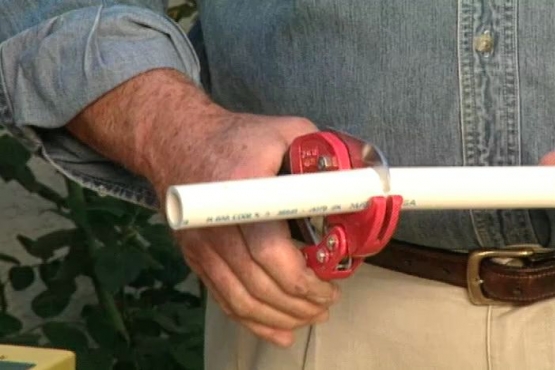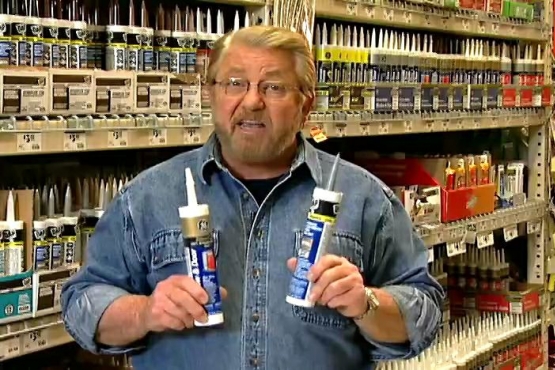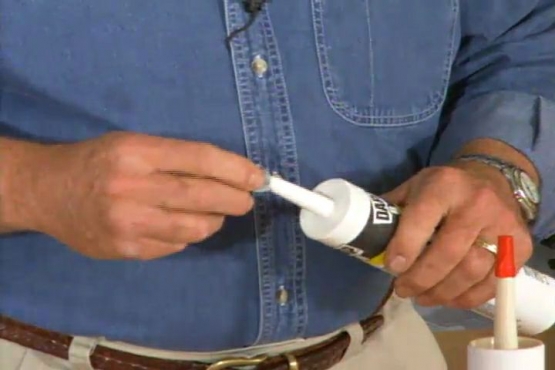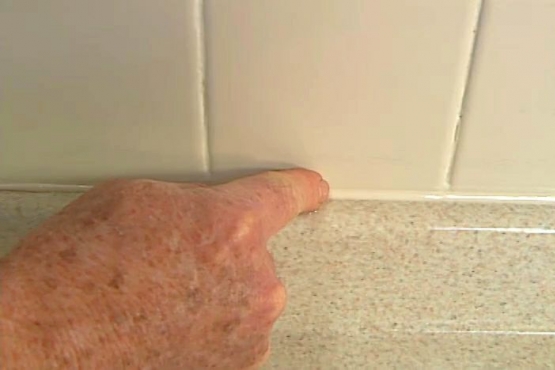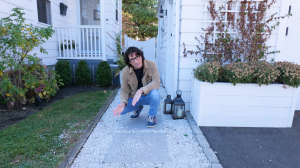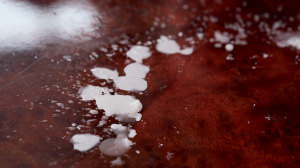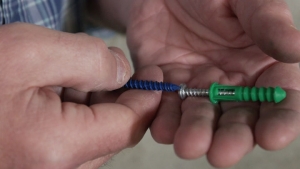How to Make a Concrete Counter Top in Place
Use an existing vanity or base cabinet to create your own concrete counter top
If you are looking for a unique way to update or upgrade your countertops, consider the benefits of using concrete. Because it's always custom mixed, an endless array of colors make this solution an easy way to ensure that your kitchen or bathroom will be one of a kind. Follow these basic steps to become the first in your neighborhood to bring the everyday functionality of concrete, indoors. It's durable, looks good, and is easy to clean.
Read More
Build the Form
The form, or the mold, is what holds the concrete into place while it sets and dries. You will want to use a particle board product called melamine to build this. The melamine has a plastic coating on it, which will allow you to pull it away from the concrete after it dries without any chipping. Any bare wooden surfaces that may be exposed to concrete should be covered with electrician's tape to make sure that they pull away from the concrete easily as well.

Creating the Opening for the Sink
Use a piece of Styrofoam as a placeholder for the sink opening. The sink itself can serve as a template, and you can cut the foam to the exact size of the opening that you will need. Caulk the bottom side of the foam board to create a tight seal and then screw it into place. Once that is secure, set a small system of wire mesh into place to reinforce the concrete that you are about to pour.

Mix the Base Layer of Concrete
Using a quick drying concrete mix, prepare the concrete in a wheelbarrow. Add water slowly as you hand mix it, making sure that you don't get the mixture too wet. Once it is ready to go, you can roll the wheelbarrow right inside to where you are building the countertop. This will save a lot of trips in and out with buckets of heavy, wet, concrete. Shovel the mixture into the form, and use a wooden float to compact it into a level, base layer of concrete.

Prepare the Top Coat of Concrete
This is the batch of concrete that will determine your counter top's color and features. Begin with a base of the same quick drying cement mix that you used for the base layer. For this project, we also added marble sand, white portland cement, mineral pigments, and black slag. Each of these products creates an additional layer to the beauty and final appearance of the top coat.

Create the Finished Edges
Using water, thin some of the top coat concrete even further and use it to finish the exposed edges. These are the areas around the perimeter of the top, as well as around the sink cut out. The thinned product will be easier to work with to create smooth edges, and will be easier to float the slag into a smooth surface. Use a hammer to lightly strike the edges of the form during this step. The blows will force any air bubbles around the edge to the surface. A tool called a jitterbug can also be used to bring the cream to the top. This will make the process of creating a smooth top much easier.

Finish the Concrete Counter Top as it Dries
About an hour after using the jitterbug, check the concrete to see how it is drying. If you poke a finger onto the surface and it leaves a peak, then it is not ready yet. If, however, it just leaves a fingerprint, then you can begin working with a trowel to smooth the surface even further. This process should be repeated several times over the next few hours as the concrete dries.
Related Tips
Blog Articles
Have You Heard of Landscape Glue?
You love the rustic charm of a gravel walkway, but the constant scattering of stones across your lawn and patio can be a real headache. Whether it’s from pets, lawn mowers, or just foot traffic, it seems impossible to keep those stones in place. Sound familiar? Well, Brian shows us a simple DIY method using landscape glue to keep your gravel path looking pristine and, more importantly, in place.
How to Remove Candle Wax Drips: Two Effective Methods
Candles create a warm and inviting atmosphere, but those pesky wax drips can be a real headache. Luckily, Brian shows us a couple of effective methods to tackle this issue, and they involve two very different temperatures: hot and cold. Here, we'll explore two effective methods: one using cold and the other using heat.
Guide to Hanging on Masonry Walls
Ever wondered how to hang that picture frame or shelf on a brick or concrete wall? It can seem daunting, but with the right tools and techniques, it's a straightforward DIY project. This guide breaks down two common methods: using concrete screws and using anchors, making it easy for you to tackle your next hanging project.
